Keywords: Australian Christian Lobby
-
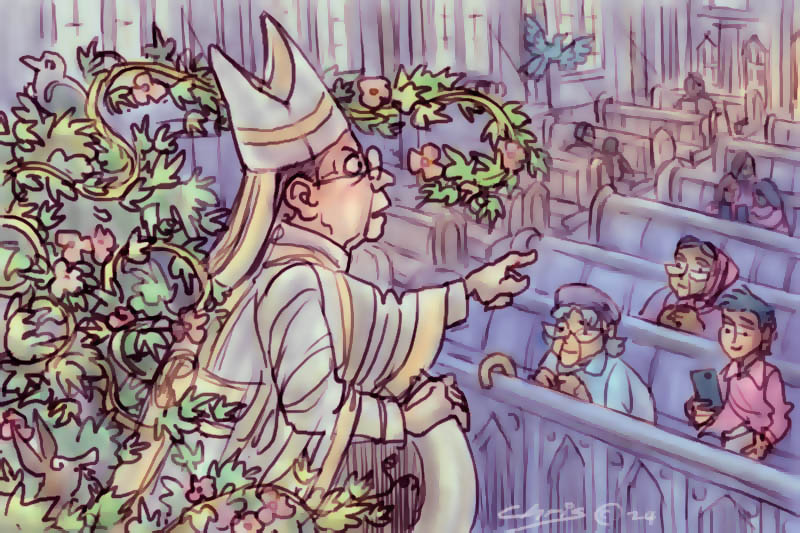
RELIGION
- John Warhurst
- 01 May 2024
33 Comments
The relationship between the Catholic church and the Greens has been one marked by near constant antagonism. Are there any consequences from this for either the church or the party?
READ MORE
-
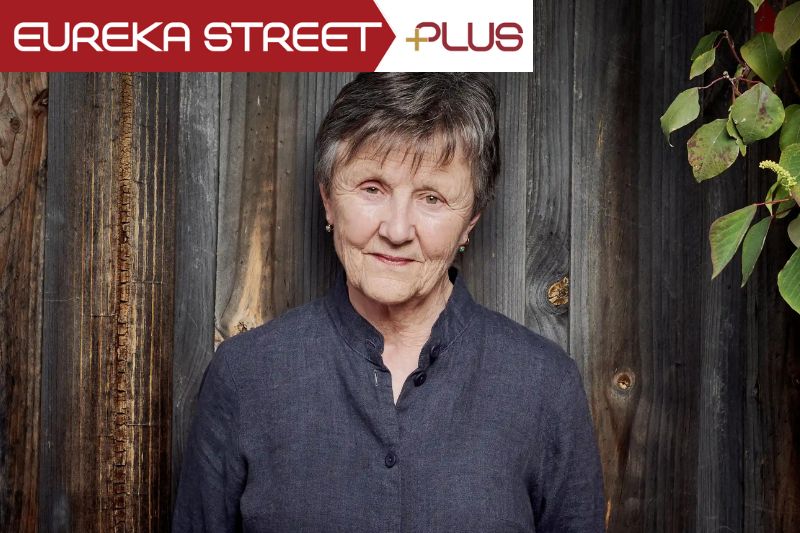
ARTS AND CULTURE
- Paul Mitchell
- 04 January 2024
Arguably Australia’s most celebrated living author, Helen Garner has built a reputation as a fearless and unapologetic writer whose work has remained fresh and relevant for over 45 years. We sat down with Helen to explore the challenges of confessional non-fiction, her fondness for church, and her commitment to unsparing self-analysis.
READ MORE 
-
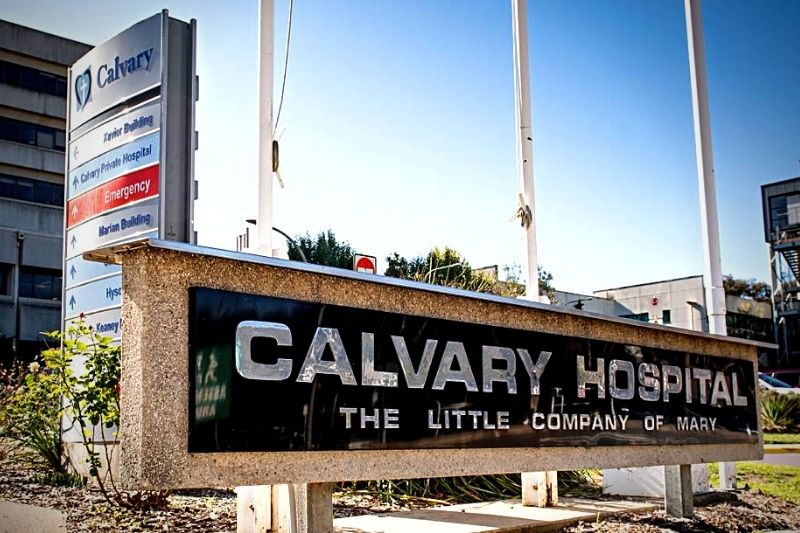
AUSTRALIA
- John Warhurst
- 01 June 2023
25 Comments
Amidst escalating tensions, the ACT government's move to acquire Calvary Public Hospital is facing strong backlash from the church. With claims of hasty decision-making and allegations of anti-religion bias dominating the discourse, this crisis highlights the societal shift towards secularism and questions the role of religious entities in managing public services.
READ MORE
-

ARTS AND CULTURE
- Paul Mitchell
- 17 February 2023
3 Comments
Arguably Australia’s most celebrated living author, Helen Garner has built a reputation as a fearless and unapologetic writer whose work has remained fresh and relevant for over 45 years. We sat down with Helen to explore the challenges of confessional non-fiction, her fondness for church, and her commitment to unsparing self-analysis.
READ MORE 
-
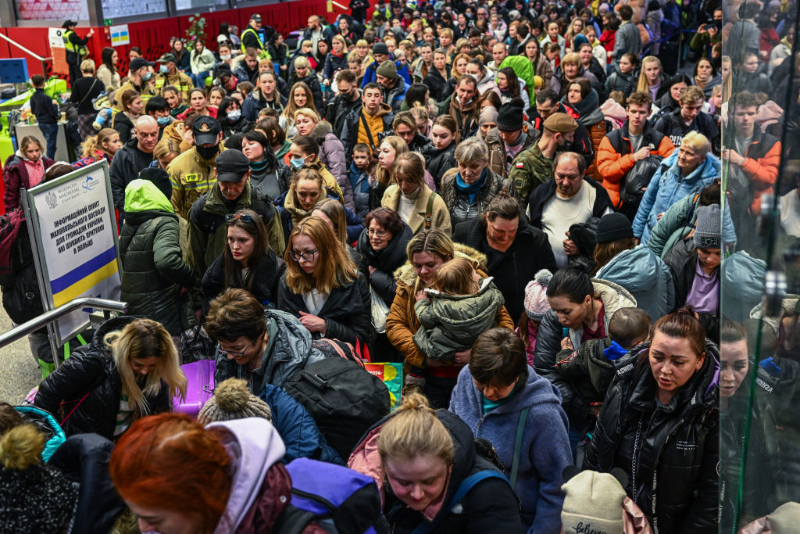
AUSTRALIA
- Binoy Kampmark
- 21 March 2022
12 Comments
While Australia has developed into a multi-ethnic, cosmopolitan state based on immigration and humanitarian intakes, the country has never gotten away from the sense that some are simply more welcome than others. Be they migrants, refugees, or asylum seekers, preferential treatment abounds.
READ MORE 
-
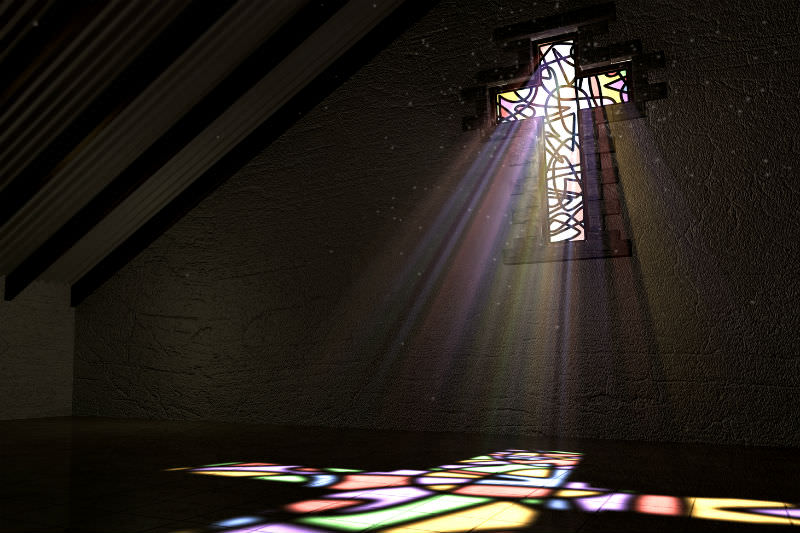
RELIGION
- John Warhurst
- 02 December 2021
72 Comments
Church and state are confronting one another right now over the federal freedom of religion bill and the Victorian anti-discrimination bill. Whenever such confrontation occurs it reveals our priorities. We define our identity by what we choose to fight for hardest.
READ MORE 
-
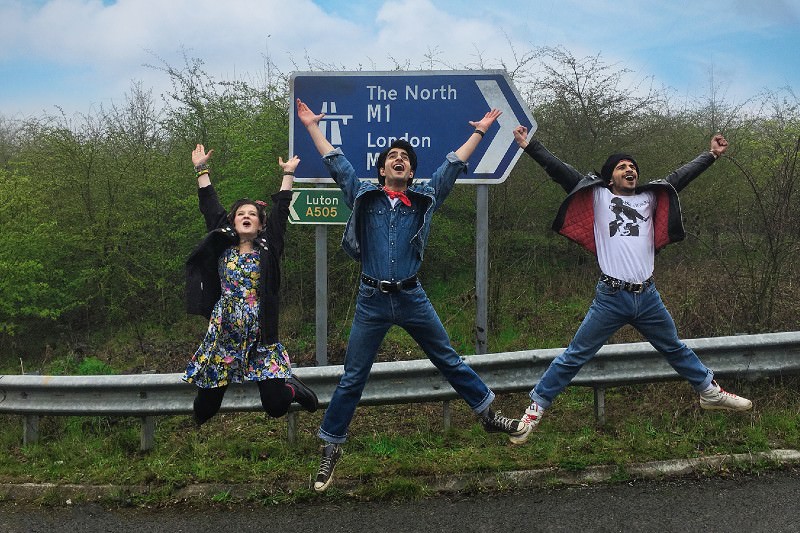
ARTS AND CULTURE
- Irfan Yusuf
- 09 December 2019
6 Comments
Politicians love to remind minorities to integrate. Minority kids by and large resent these calls, because they are desperate to integrate. South Asian kids like me and journalist Sarfraz Manzoor were among those wishing to be Australian or British. Our idols were Bruce Springsteen and Jim Kerr, not Abu Bakr Baghdadi or Osama bin Ladin.
READ MORE 
-
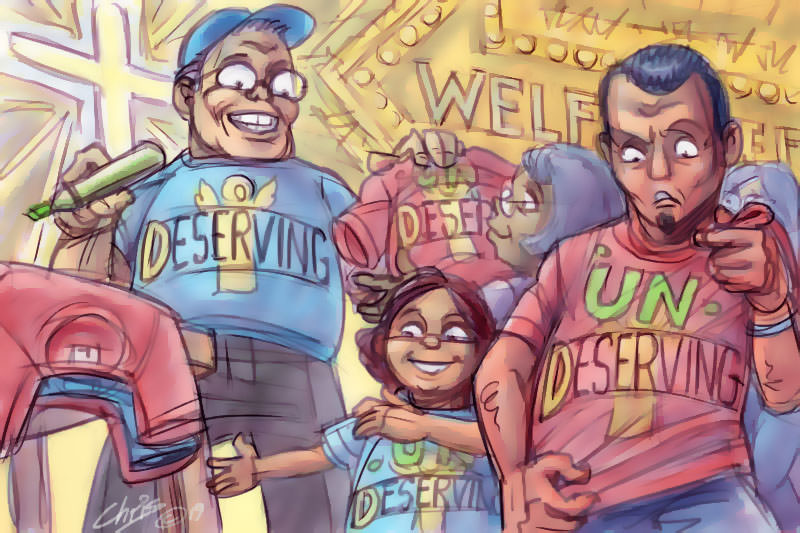
FAITH DOING JUSTICE
- Toni Hassan
- 29 November 2019
31 Comments
His government continues to support, with massive subsidies, extractive and exploitative industries that undeniably warm the planet and threaten the natural environment. How can this be a legitimate perspective as a publicly-confessing Christian? Why would this shepherd not want to move all of us to safer ground?
READ MORE 
-
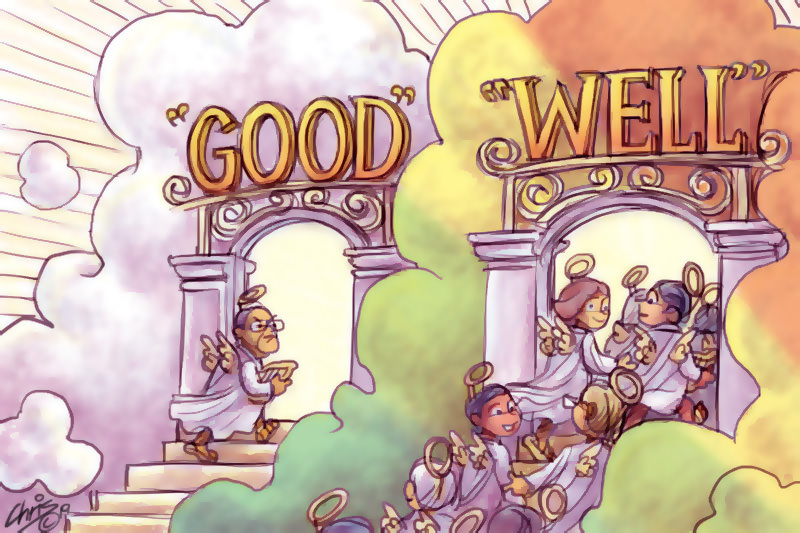
RELIGION
- James Boyce
- 05 October 2019
28 Comments
When I was a child and was asked 'How are you?', only once did I reply, 'I am good'. I still remember the rebuke from my Aunty Ivy, who explained that it is not for me to judge if I am 'good'; better to opt to be 'well'. She would be cross were a prime minister to go around asking 'how good' we are.
READ MORE 
-

EDUCATION
- Stevie Troy
- 13 August 2019
12 Comments
This is the influence Christian schools retain under current legislation. Faith-based schools are given the right to maintain teachings around sexuality, but that shouldn't be given higher priority than students' wellbeing. It's why I fell through the gaps. It's why 13 years later I and the public health system are dealing with the consequences.
READ MORE 
-
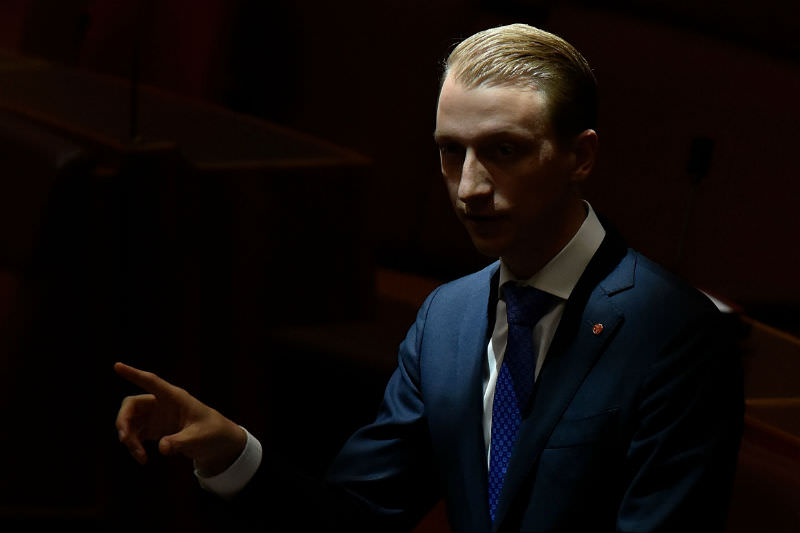
INTERNATIONAL
- Jeff Sparrow
- 17 July 2019
9 Comments
The conservative base wants religious protection for Christians, but has a long history of vilifying Muslims, who, presumably, could also claim protection from any new law. One struggles to imagine a law that might enable a footballer's right to send homophobic tweets, while enabling courts, parliaments and schools to ban burqas.
READ MORE 
-
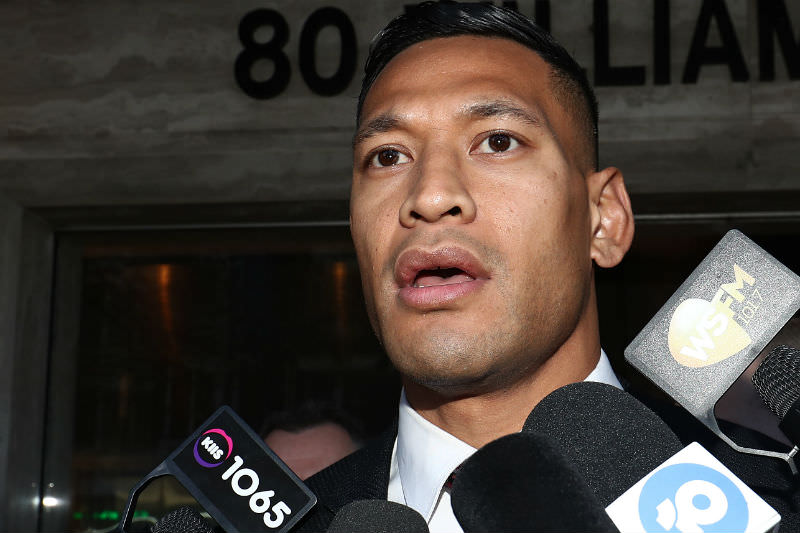
AUSTRALIA
- Chelsea Candy
- 02 July 2019
50 Comments
By close of business on Thursday, the Australian Christian Lobby had raised over $2 million for Israel Folau's legal fighting fund. I can't help but wonder about the priorities of the Christians supporting the fundraiser. As a former community lawyer, I can think of many ways $2 million might be spent to help those facing a battle with the law.
READ MORE 